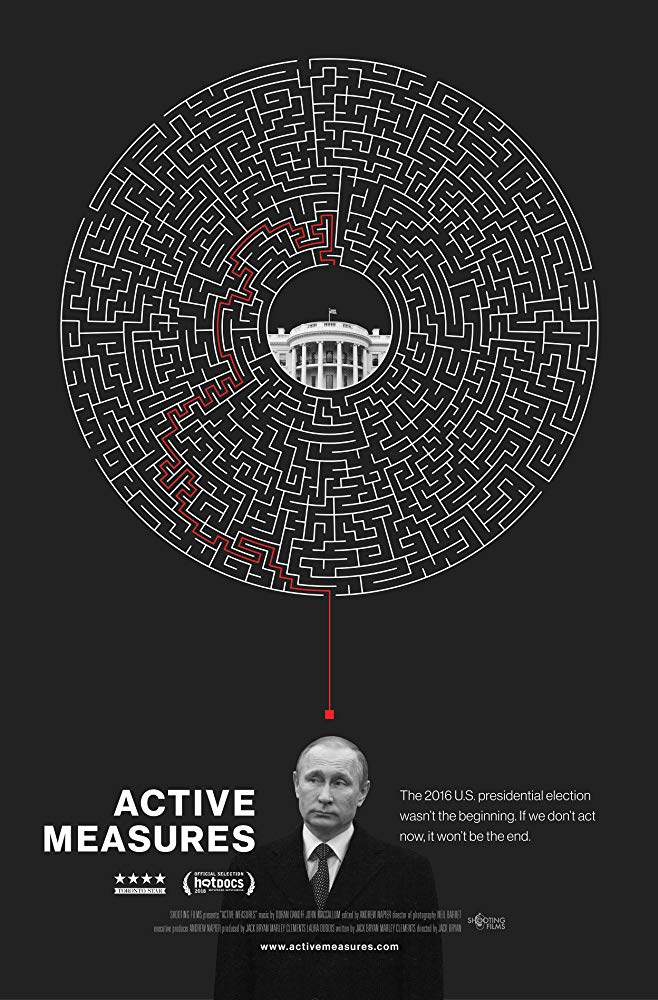by Sean Durkin with Elizabeth Olsen, Sarah Paulson and John Hawkes
OUT ON DVD and BLU RAY on the 28th of May 2012
Presented at the last London Film Festival after winning the directing award at the Sundance Film Festival, MMMM is a gnarly and intense movie that re-establishes the rules of independent filmmaking, but relying on the same structure and style typical of the genre.
The plot is very simple as we see Martha living in a sort of commune run by a Manson-like leader and then trying to escape and live a “normal” life at her sister’s home. But does she really want to escape or is she just attempting to prove a point?
MMMM is categorized as horror, but don’t be fooled. There is no blood, no gore, no easy scares, no visual torture. The horror is behind the apparently tranquil way of living of the cultslashcommune, where young girls are brought with the promise of restoring their self-esteem and being understood by people who respect and love them. But nobody ever looks happy. Girls must undergo a sort of sex initiation, and they always show a stark inner sadness that is hard to hide.
Patrick (an excellent John Hawkes) is the undisputed leader, always calm and confident about his status, but creepy and violent nonetheless.
The way the film is structured is surely its best feature, mixing past and present with intertwined sequences seamlessly edited and that give the story a very fluid and tricky pace. We see things from Martha’s point of view as she changes and becomes aware of herself, and we are always inside her head when she tries to fit into her new life outside the cult or when she vividly remembers the magnetic charm and the messiah-like aura of Patrick. Someone who never does anything himself, but always convinces others to do it. His character is loosely inspired by Charles Manson and the cult of followers he created, and we see it in such details as the default name everyone has to use on the phone, or the given names Patrick bestows on each new member, or the robberies into people’s house.
The atmosphere in the farm where the cult live is encompassed by bleak colors and a growing weariness that makes Martha finally escape after becoming a “teacher and a leader” and after finding her role in the family. But the slow build-up and the rarefied dialogues put all the weight of the movie on the young, and beautiful, shoulders of Elizabeth Olsen. A very mature and extraordinary interpretation that will launch her into stardom pretty soon.
Martha finds it difficult to adjust to the rules established by the cult as well as to the ones established by society. What is freedom? And what is normal?



